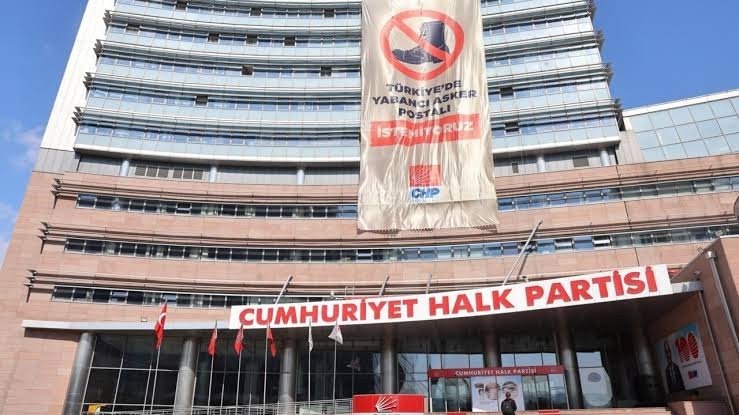Turkey extends Iraq cross-border operations by two years

Turkey’s parliament has voted to extend the military’s authorization for cross-border operations into Iraq and Syria for an additional two years. This extension, which was approved on Tuesday, marks a continuation of a policy first initiated in 2013 to support international efforts against the Islamic State (IS) group. Since its inception, this authorization has been renewed annually.
In 2021, President Recep Tayyip Erdogan secured a pivotal renewal for two years, granting an extended timeframe for military campaigns against Kurdish militias in the volatile region. The motion to extend these operations emphasizes the importance of safeguarding Turkey’s national security by taking necessary actions in accordance with international law to counteract various risks, threats, and actions that may jeopardize the nation’s safety.
Notably, the motion also expresses openness to the deployment of foreign troops on Turkish soil, provided that the circumstances are defined by the president and the ultimate goal is to combat terrorist groups. This particular clause has elicited criticism, particularly from the main opposition party, CHP, which has consistently advocated against foreign troops on Turkish territory. CHP leader Kemal Kilicdaroglu expressed his staunch position on the matter, asserting, “As a nationalist, I don’t want any foreign troops to set foot on Turkish soil.” Consequently, CHP lawmakers voted against the motion during Tuesday’s parliamentary session.
Turkey’s decision to prolong its cross-border air raids into northeastern Syria and northern Iraq comes as a response to the October 1 bombing in Ankara, which left two policemen injured and was claimed by a faction of the outlawed Kurdistan Workers’ Party (PKK). The PKK, a group engaged in a protracted insurgency against Turkey, is classified as a terrorist organization by Ankara and its Western allies.
It is important to note that Turkish military operations in Syria have primarily targeted oil and energy facilities under the control of the Kurdish People’s Protection Units (YPG). This group is an integral part of the U.S.-backed Syrian Democratic Forces (SDF), which served as a key force in ousting Islamic State group militants from the region in 2019. Ankara has consistently labeled the YPG as a terrorist entity with links to the PKK, further contributing to the complex dynamics in the region.



